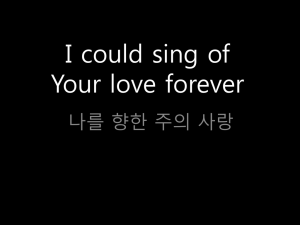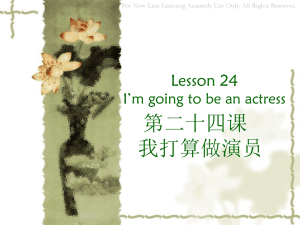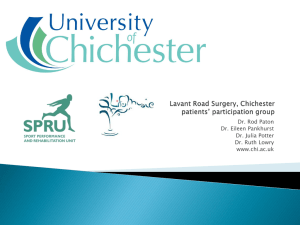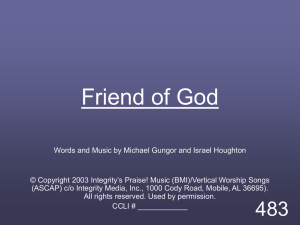Personal Activity - College Admissions Strategies
advertisement
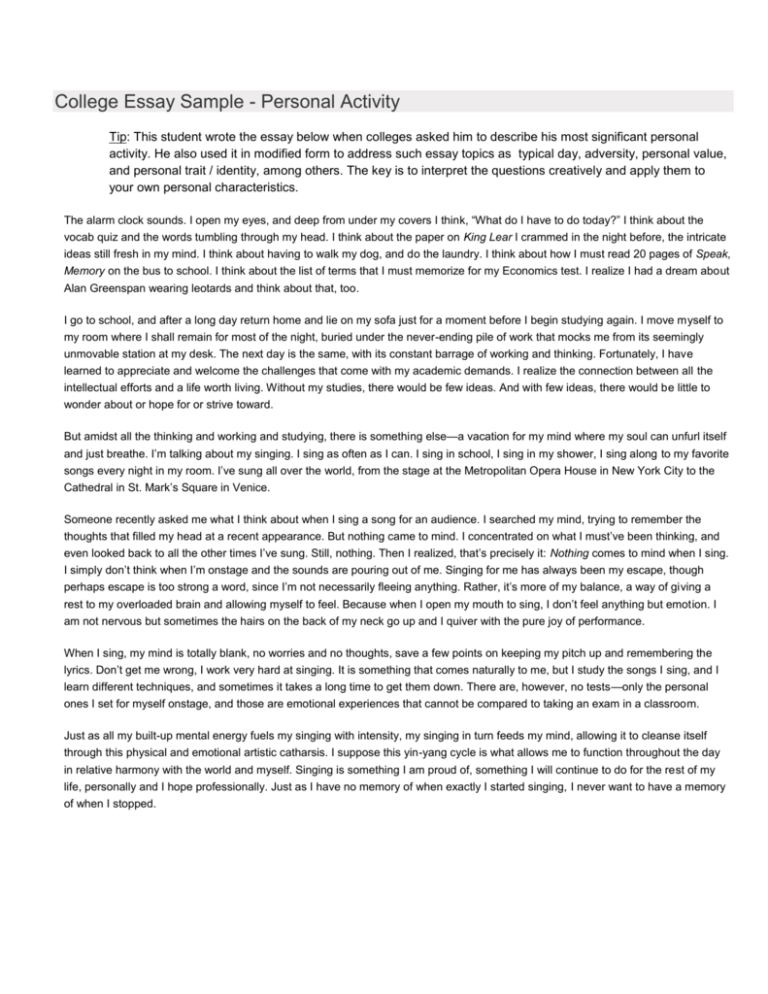
College Essay Sample - Personal Activity Tip: This student wrote the essay below when colleges asked him to describe his most significant personal activity. He also used it in modified form to address such essay topics as typical day, adversity, personal value, and personal trait / identity, among others. The key is to interpret the questions creatively and apply them to your own personal characteristics. The alarm clock sounds. I open my eyes, and deep from under my covers I think, “What do I have to do today?” I think about the vocab quiz and the words tumbling through my head. I think about the paper on King Lear I crammed in the night before, the intricate ideas still fresh in my mind. I think about having to walk my dog, and do the laundry. I think about how I must read 20 pages of Speak, Memory on the bus to school. I think about the list of terms that I must memorize for my Economics test. I realize I had a dream about Alan Greenspan wearing leotards and think about that, too. I go to school, and after a long day return home and lie on my sofa just for a moment before I begin studying again. I move myself to my room where I shall remain for most of the night, buried under the never-ending pile of work that mocks me from its seemingly unmovable station at my desk. The next day is the same, with its constant barrage of working and thinking. Fortunately, I have learned to appreciate and welcome the challenges that come with my academic demands. I realize the connection between all the intellectual efforts and a life worth living. Without my studies, there would be few ideas. And with few ideas, there would be little to wonder about or hope for or strive toward. But amidst all the thinking and working and studying, there is something else—a vacation for my mind where my soul can unfurl itself and just breathe. I’m talking about my singing. I sing as often as I can. I sing in school, I sing in my shower, I sing along to my favorite songs every night in my room. I’ve sung all over the world, from the stage at the Metropolitan Opera House in New York City to the Cathedral in St. Mark’s Square in Venice. Someone recently asked me what I think about when I sing a song for an audience. I searched my mind, trying to remember the thoughts that filled my head at a recent appearance. But nothing came to mind. I concentrated on what I must’ve been thinking, and even looked back to all the other times I’ve sung. Still, nothing. Then I realized, that’s precisely it: Nothing comes to mind when I sing. I simply don’t think when I’m onstage and the sounds are pouring out of me. Singing for me has always been my escape, though perhaps escape is too strong a word, since I’m not necessarily fleeing anything. Rather, it’s more of my balance, a way of giving a rest to my overloaded brain and allowing myself to feel. Because when I open my mouth to sing, I don’t feel anything but emotion. I am not nervous but sometimes the hairs on the back of my neck go up and I quiver with the pure joy of performance. When I sing, my mind is totally blank, no worries and no thoughts, save a few points on keeping my pitch up and remembering the lyrics. Don’t get me wrong, I work very hard at singing. It is something that comes naturally to me, but I study the songs I sing, and I learn different techniques, and sometimes it takes a long time to get them down. There are, however, no tests—only the personal ones I set for myself onstage, and those are emotional experiences that cannot be compared to taking an exam in a classroom. Just as all my built-up mental energy fuels my singing with intensity, my singing in turn feeds my mind, allowing it to cleanse itself through this physical and emotional artistic catharsis. I suppose this yin-yang cycle is what allows me to function throughout the day in relative harmony with the world and myself. Singing is something I am proud of, something I will continue to do for the rest of my life, personally and I hope professionally. Just as I have no memory of when exactly I started singing, I never want to have a memory of when I stopped. Tip: The above essay was modified below to answer another application’s prompt that stated, “Describe a particular time you have faced and overcome adversity, and what you did to overcome it.” Only the parts highlighted in yellow have been modified. The alarm clock sounds. I open my eyes, and deep from under my covers I think, “What do I have to do today?” It's Thursday, only the third week of school, but a lot piles up quickly. I think about the vocab quiz and the words tumbling through my head. I think about the paper on King Lear I crammed in the night before, the intricate ideas still fresh in my mind. I think about having to walk my dog, and do the laundry. I think about how I must read 20 pages of Speak, Memory on the bus to school. I think about the list of terms that I must memorize for my Economics test. I realize I had a dream about Alan Greenspan wearing leotards and think about that, too. I go to school, and after a long day return home and lie on my sofa just for a moment before I begin studying again. I move myself to my room where I shall remain for most of the night, buried under the never-ending pile of work that mocks me from its seemingly unmovable station at my desk. The next day will be the same, with its constant barrage of working and thinking. At last, it finally seems the work won't be worth it - these fields will continue on without my studying them; development for others will happen without my taking part. At least for today. But amidst all the thinking and working and studying, I remember there is something else—a vacation for my mind where my soul can unfurl itself and just breathe. I’m talking about my singing. I sing as often as I can. I sing in school, I sing in my shower, I sing along to my favorite songs every night in my room. I’ve sung all over the world, from the stage at the Metropolitan Opera House in New York City to the Cathedral in St. Mark’s Square in Venice. And so because of that, I go upstairs, and I sing. Someone recently asked me what I think about when I sing a song for an audience. I searched my mind, trying to remember the thoughts that filled my head at a recent appearance. But nothing came to mind. I concentrated on what I must’ve been thinking, and even looked back to all the other times I’ve sung. Still, nothing. Then I realized, that’s precisely it: Nothing comes to mind when I sing. I simply don’t think when I’m onstage and the sounds are pouring out of me. Singing for me has always been my escape, though perhaps escape is too strong a word, since I’m not necessarily fleeing anything. Rather, it’s more of my balance, a way of giving a rest to my overloaded brain and allowing myself to feel. Because when I open my mouth to sing, I don’t feel anything but emotion. I am not nervous but sometimes the hairs on the back of my neck go up and I quiver with the pure joy of performance. When I sing, my mind is totally blank, no worries and no thoughts, save a few points on keeping my pitch up and remembering the lyrics. Don’t get me wrong, I work very hard at singing. It is something that comes naturally to me, but I study the songs I sing, and I learn different techniques, and sometimes it takes a long time to get them down. There are, however, no tests—only the personal ones I set for myself onstage, and those are emotional experiences that cannot be compared to taking an exam in a classroom. As I finish the song, my built-up mental energy fuels my singing with intensity and my singing in turn feeds my mind, allowing it to cleanse itself through this physical and emotional artistic catharsis. I suppose this yin-yang cycle is what allows me to function throughout the day in relative harmony with the world and myself. Singing is something I am proud of, something I will continue to do for the rest of my life, personally and I hope professionally. Just as I have no memory of when exactly I started singing, I never want to have a memory of when I stopped.


